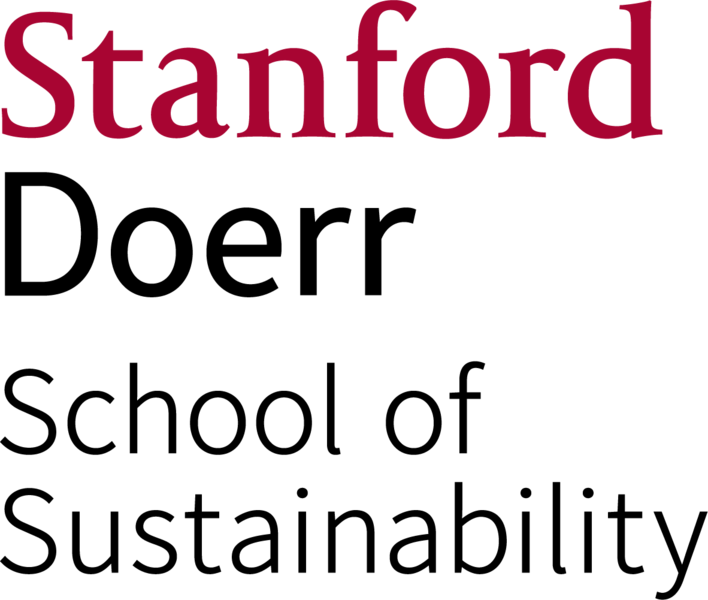About
FUSE: Belmont Forum Collaborative Research: Food-water-energy for Urban Sustainable Environments
Overview

The FUSE consortium will help create implementable solutions to meet the urban-FWE challenge with a development path that is sustainable and adapted to local needs. Pune (India, monsoonal) and Amman (Jordan, semi-arid) were selected as representative of different archetypal expressions of urban FEW challenges. The transdisciplinary team adopts a systems approach to human-biophysical-engineered interactions. For the first time, this project will construct multi-agent urban-FWE system models for each region to capture connections and feedbacks among users, producers, distribution mechanisms, and resources. Under narratives of future changes in climate, demographics, land use, and economic development, together with a wide range of actors in these cities we will develop and evaluate policy interventions and innovative governance forms to identify implementable sustainability options. Through 2-Stage Sustainability Living Labs in these cities, we will engage in stakeholder participatory model building to construct (Stage 1) user-inspired and user-oriented future narratives and proposed potential solutions. We will use simulated policy-evaluation results (Stage 2) as the basis for discussion with stakeholders of the benefits of those solutions. With stakeholders, we will identify means to overcome impediments to sustainability and resource equity. The FUSE framework is flexible, transferrable, and broadly applicable to the urban-FWE challenge.
Intellectual Merit
The project consortium will conduct inter- and trans-disciplinary research aimed at innovation through FUSE international teams (Germany, Austria, United States), but will necessarily involve fundamental (Germany, United States) and applied research (Austria, United States). Fundamental research involving multi-agent model development will be used to understand urban food-water-energy systems and quantify the impacts of proposed solutions. Such a coupled human-biophysical-engineering urban-FWEs framework and policy analysis tool has never been developed before. The participatory process will also provide new insights for the formulation and design of further research efforts on FWE and urban development dynamics.
Broader Impacts
The FUSE consortium will produce both methods and results that are transferrable to other cities.
Methods: Multi-agent Systems Modeling approach is innovative and relevant to many if not most urban- FWEs systems around the world. FUSE will provide a valuable tool for stakeholders to evaluate the effectiveness of policy options that they elect to explore, ranging from governance changes to tariff and regulatory alterations to new infrastructure, under a suite of potential futures describing changes in population, income, land use, and climate.
Results: Besides novel 2SLL and policy-evaluation modeling approach, the selected urban-FWEs study results likely will be transferrable to other cities worldwide. Key anthropogenic characteristics for transferability are: large underdeveloped but growing cities, having intermittent water supplies where there is competition for water and energy with the agricultural sector. Outreach will be achieved through several means:
- FUSE Website: Here the FUSE project presents an overview of the project, team members, research goals, approaches/framework, news, contacts, publications and presentations, and sponsors.
- Publications: We will publish papers in high impact journals of two types. One type will present interdisciplinary and transdisciplinary methods and results. The other type will present papers with a disciplinary focus.
- Presentations: We will give presentations at international and regional conferences, as well as to stakeholders, and lectures at universities.
- Policy Briefs and Blog Articles: We will write policy briefs that will be presented online, or briefs posted on the FUSE website.
- Model Availability: The MAS model for each urban area will be made available for others to use and build upon.
- Video: We will produce a project video containing interviews with researchers and stakeholders explaining the process, results and relevance of this project.
Our Interdisciplinary Project Team

FUSE team at kick-off meeting in June 2018

We focus on the Food-Water-Energy (FWE) nexus in developing urban areas

Related Activities
FUSE will build on other research and capacity building activities such as those conducted during the Jordan Water Project.
